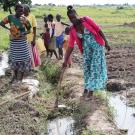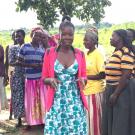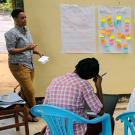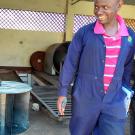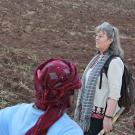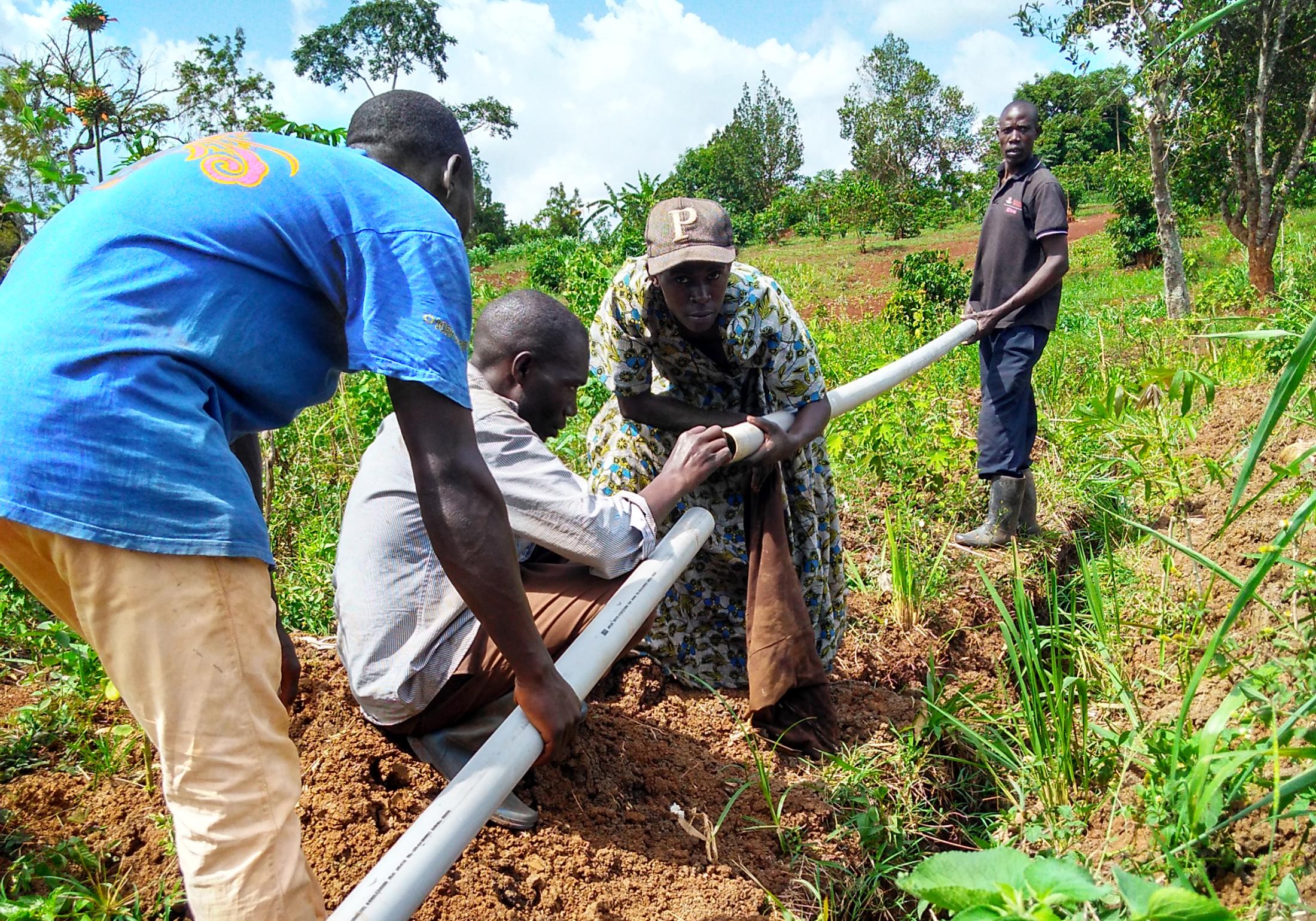
Dry season vegetable production is a high priority in Uganda's largely rainfed (>97%) agricultural systems. Off-season vegetable supplies are currently inadequate to meet human nutritional needs. As rainfall patterns become increasingly unpredictable and rapid population expansion increases pressure on food systems, demand for vegetables will further outstrip supplies.
This Horticulture Innovation Lab team, led by Kate Scow of the University of California, Davis, uses a participatory research and development approach to test irrigation innovations at sites in Eastern Uganda and create a framework for local public- and private-sector organizations to develop small-scale irrigation systems. These activities build on the team’s previous participatory work in Uganda convening stakeholders to develop innovations in small-scale, dry-season vegetable production for women farmers.
The team works closely with smallholder women farmers, who are often excluded from irrigation and marketing developments. The project includes:
- working at five locations to test dry-season vegetable production systems with farmers, research partners, district staff, NGO partners, and university students
- assessing agronomic, economic, market, nutrition, and gender impacts of the innovations
- developing scale-out options for the most promising technologies
Development of a systematic, co-innovation approach for assessing and supporting new ideas in dry-season vegetable production will strengthen small-scale farmer enterprises aimed at local markets and family consumption.

